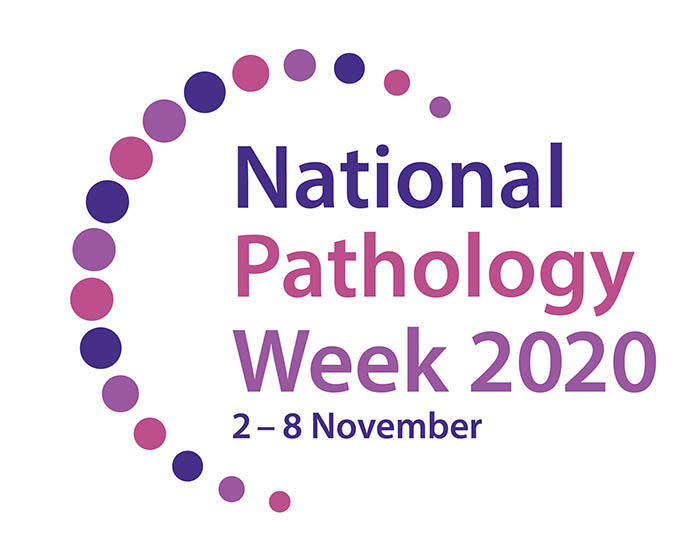| National pathology Week 2020 will see a series of virtual events encouraging students to follow a career path in pathology.
The theme for this year is that pathology is the ‘heart of healthcare’. To celebrate the College has worked with science-based artist Dr Lizzie Burns to create a range of heart-themed activity resources for teachers and home educators including a guide to folding your own origami beating heart.

Professor Jo Martin. President of the Royal College of Pathologists, said:
‘Pathology is an incredibly rewarding career and with our 17 different specialties there are amazing, fulfilling roles for our future doctors and scientists.
Pathologists have contributed to incredible advances in cancer diagnosis and treatment. They lead on infection control and support patients to manage conditions such as diabetes.
Pathologists are involved in the diagnosis of disorders affecting every organ of the body, from before birth to after death.’
National Pathology Week (NPW) is hosted by the Royal College of Pathologists and is an annual celebration of pathology, highlighting the important contribution pathologists make to healthcare.
This year’s NPW includes online events to inspire the next generation of pathologists and showcase the range of careers available in pathology. Meet the pathologists – virtual careers talks for 13 to 18 year old offer secondary school students the opportunity to ask pathologists from a range so pathology specialties what their job involves and what inspired them to follow a career in pathology.
In collaboration with Dr Lizzie Burns, the College is also running free heart health creative workshops.
- Workshop for school students – Monday 2 November, 11:30am, 1:30pm or 4:30pm GMT. Follow along on Lizzie’s YouTube channel.
- Workshop for families – Saturday 7 November, 11am–12pm. Dr Burns will be joined by histopathologist, Dr Esther Youd.
Later in the week, a Virtual Pathology Pub Quiz for medical and biomedical science undergraduates (5 November), will include the chance to hear from pathology trainees about their career. Undergraduates studying veterinary-related degrees will also have the opportunity at a Virtual Veterinary Pathology Pub Quiz on 6 November.
The College is also using social media to inspire future pathologists with a selfie video competition. Pathologists are being invited to film their own short selfie video to share what they love about their jobs, how they got into their specialty and what advice they’d give to students considering a career in pathology. Students will be able to vote for their favourite in our ‘People’s Choice Selfie Award’ on Instagram.
As well as on-line events, the College has created a number of career packs.
Aimed at secondary school students and medical undergraduates, the packs feature first-hand accounts from pathologists. They include resources that show what it’s like to work as a pathologist in a range of specialties, from cellular pathology to haematology, chemical pathology to microbiology.
There are five separate careers packs to download. They focus on the four largest pathology specialties, plus veterinary pathology:
- Cellular pathology – cellular pathologists diagnose disease, such as cancer, and inflammatory conditions, for example, Crohn’s disease, and use molecular tests to help guide treatment.
- Haematology – haematologists are involved in the diagnosis, care and treatment of patients with blood disorders such as leukaemia or anaemia.
- Chemical pathology – chemical pathologists study bodily fluids. They test blood, urine and saliva, which allows them to monitor patients’ health and advise on everything from managing diabetes to monitoring bone density.
- Medical microbiology – microbiologists give advice on the best samples to collect to diagnose an infection; for example, a blood, urine or faeces test. They then work with scientists in the laboratory to discover what’s causing the infection and advise on treatment.
- Veterinary pathology – veterinary pathologists diagnose, treat and prevent diseases in pets and farm animals, as well as in rare and exotic species. Just like pathologists who work in human healthcare, they work with samples from live animals. Some also perform post mortems.
There are three main routes into pathology: training to become a medical doctor, training to become a scientist, or, in the case of veterinary pathologists, training as a vet first. |